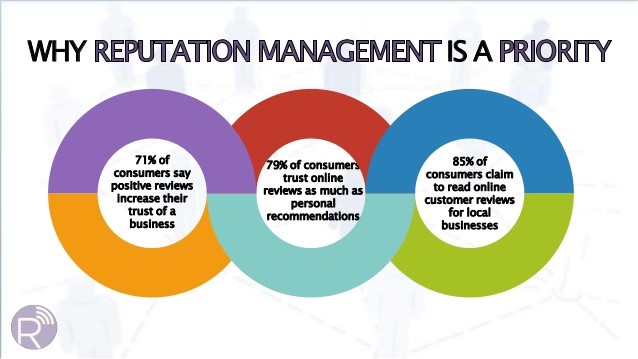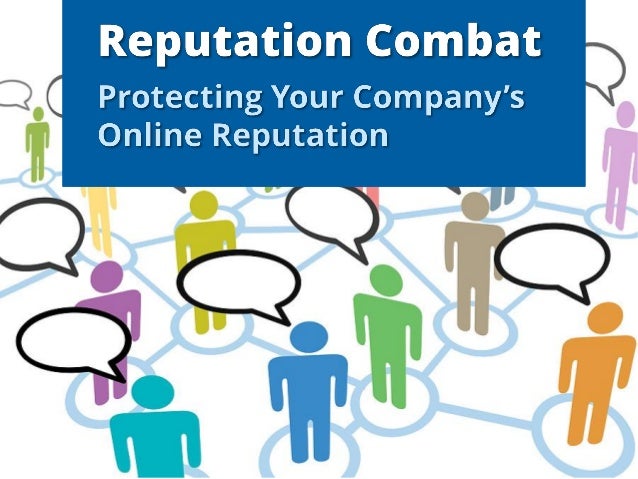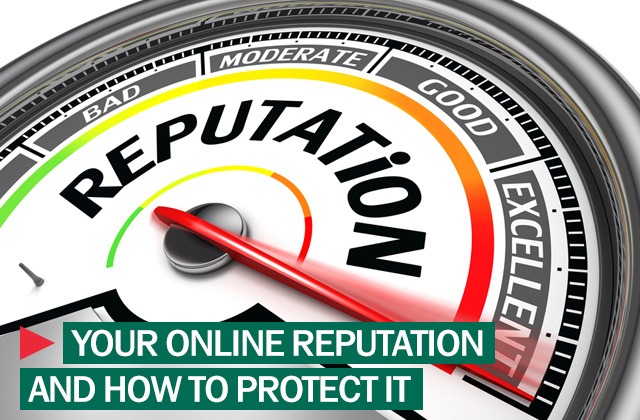Protecting Your Online Reputation: Effective SERM Strategies

In today’s digital age, your online reputation is more important than ever before. Potential customers, employers, and business partners will all research you online before making a decision about whether or not to do business with you. This means that it’s essential to take steps to protect your online reputation and manage what information appears about you in search results.

One of the most effective ways to do this is through search engine reputation management (SERM). SERM is a process of improving your online visibility and reputation by optimizing your website and social media profiles and building positive links to your website. By doing this, you can make it easier for potential customers, employers, and business partners to find positive information about you and your business.

There are a number of different SERM strategies that you can use to improve your online reputation, including:
- Optimizing your website for relevant keywords. When people search for information about you or your business, you want your website to appear as close to the top of the search results as possible. To do this, you need to optimize your website for relevant keywords. This means including these keywords in your website’s title, meta tags, and content.
- Building high-quality backlinks to your website. Backlinks are links from other websites to your own. The more high-quality backlinks you have, the higher your website will rank in search results. You can build backlinks by submitting your website to directories, guest blogging on other websites, and participating in social media.
- Creating and managing positive social media profiles. Your social media profiles are a great way to connect with potential customers, employers, and business partners. Make sure your profiles are up to date and professional, and post regular updates that share valuable information and insights.
- Monitoring your online reputation. It’s important to monitor your online reputation regularly to identify any negative or inaccurate information that may appear about you or your business. You can do this by searching for your name or business name in search engines and on social media. If you find any negative information, you can take steps to address it, such as posting a response or contacting the website or social media platform to have the information removed.
By following these SERM strategies, you can improve your online reputation and make it easier for potential customers, employers, and business partners to find positive information about you and your business.







